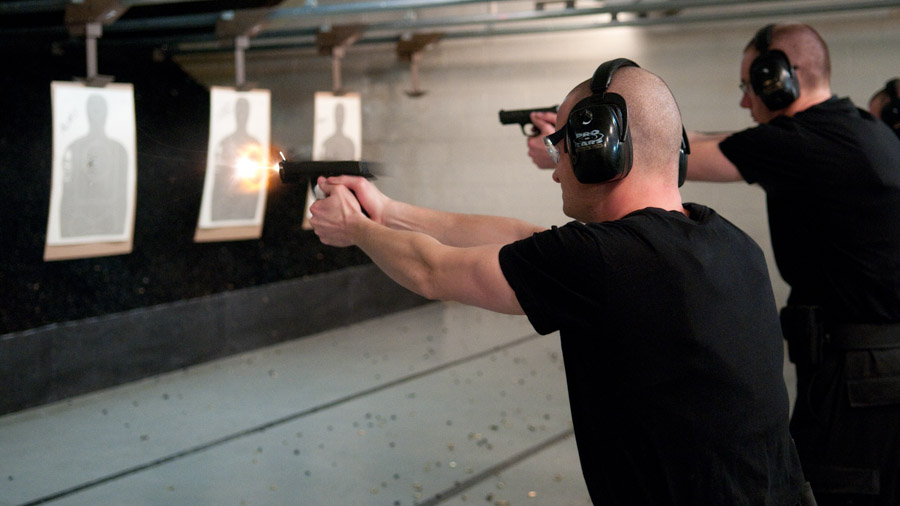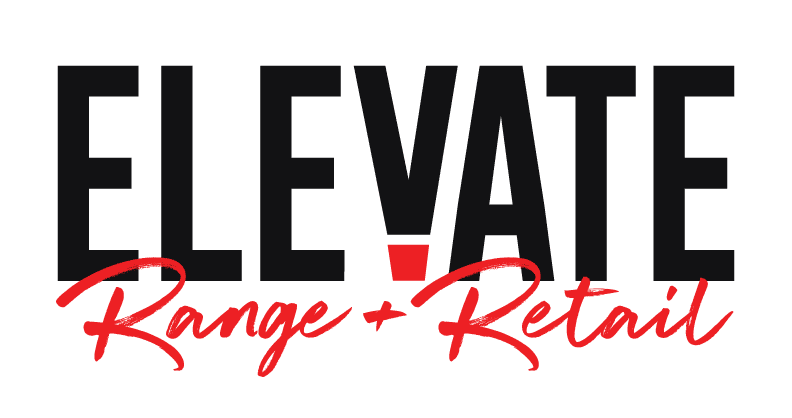In a world where personal safety takes precedence, the imperative of comprehensive gun training cannot be emphasized enough. Responsible firearm ownership transcends the mere possession of a weapon; it encompasses a profound commitment to safety, proficiency, and a thorough comprehension of how to effectively utilize firearms. Within this context, gun training assumes a pivotal role in nurturing these qualities, emerging as an indispensable component of responsible gun ownership.
The Foundation of Safety
At the heart of gun training lies an unwavering commitment to safety. Meticulously structured training programs underscore the significance of prudent firearm handling, proper storage, and the mastery of operational protocols. Incidents of accidental discharges and negligent handling can yield tragic outcomes. Adept training equips individuals with the requisite knowledge and skills to avert mishaps and cultivate a secure environment, whether within the confines of their homes or at shooting ranges.
Cultivating Skills and Proficiency
Gun training encompasses a realm beyond the rudiments of firearm possession; it revolves around the mastery of firearms themselves. The honing of marksmanship skills and the comprehension of intricate firearm mechanisms hold pivotal importance for ensuring effective use. Training sessions serve as crucibles wherein participants can refine their shooting techniques, enhance precision, and foster a sense of self-assuredness in their capabilities.
Nurturing Confidence and Competence
Proficiency in wielding a firearm extends beyond a mere skill set; it metamorphoses into confidence. This is a particularly invaluable asset in high-stress scenarios. Whether hinged on personal defense or recreational pursuits, the capability to maintain composure and wield control can be pivotal. Training cultivates such confidence by simulating real-world scenarios, thereby aiding individuals in cultivating critical thinking and enabling effective responses under duress.
Ethical and Legal Acumen
Exemplary gun ownership stretches its purview to encompass an understanding of both the ethical and legal dimensions of firearm use. Many training programs undertake the responsibility of educating participants on local firearm regulations, self-defense statutes, and the ethical considerations that orbit the application of lethal force. This cognizance empowers individuals to make informed decisions, sidestep legal entanglements, and foster a culture of responsible gun ownership.
The Acumen of Situational Awareness
Gun training is not solely an endeavor in precision shooting; it’s an immersion in situational awareness. Training regimes frequently underscore the significance of recognizing potential threats, honing de-escalation tactics, and cultivating discernment. Such skills serve as an armor in preventing conflicts from escalating and forestalling gratuitous violence.
A Responsive Stance to Change
Firearm technology is in constant flux, and so should the arsenal of skills possessed by gun owners. Regular training exercises ensure that individuals are abreast with the latest innovations in firearm handling and safety protocols. This adaptability is vital for the responsible and effective use of contemporary firearms.
Cultivating a Sense of Community
Gun training is often embedded within a community of like-minded individuals, all united by their ardor for responsible firearm ownership. These communities serve as incubators for the exchange of knowledge, the sharing of skills, and the forging of networks. They lay the foundation for a culture of responsible gun ownership, negating the perpetuation of fallacies surrounding firearms.
Mitigating Accidental Discharges
Tragic and preventable, accidental firearm discharges are a painful reality. Effective gun training substantially curtails the likelihood of these occurrences by instilling the core tenet of treating every firearm as loaded and cultivating rigorous trigger discipline.
In summation, gun training serves as the bedrock of responsible firearm ownership. It imparts individuals with the tools, understanding, and mindset necessary for the safe and effective utilization of firearms. A well-trained gun owner is not just primed to safeguard themselves and their loved ones, but also to positively impact the broader community. The journey toward responsible gun ownership commences with a dedication to training, ensuring that firearms endure as instruments of safety and safeguarding, rather than conduits of harm.

